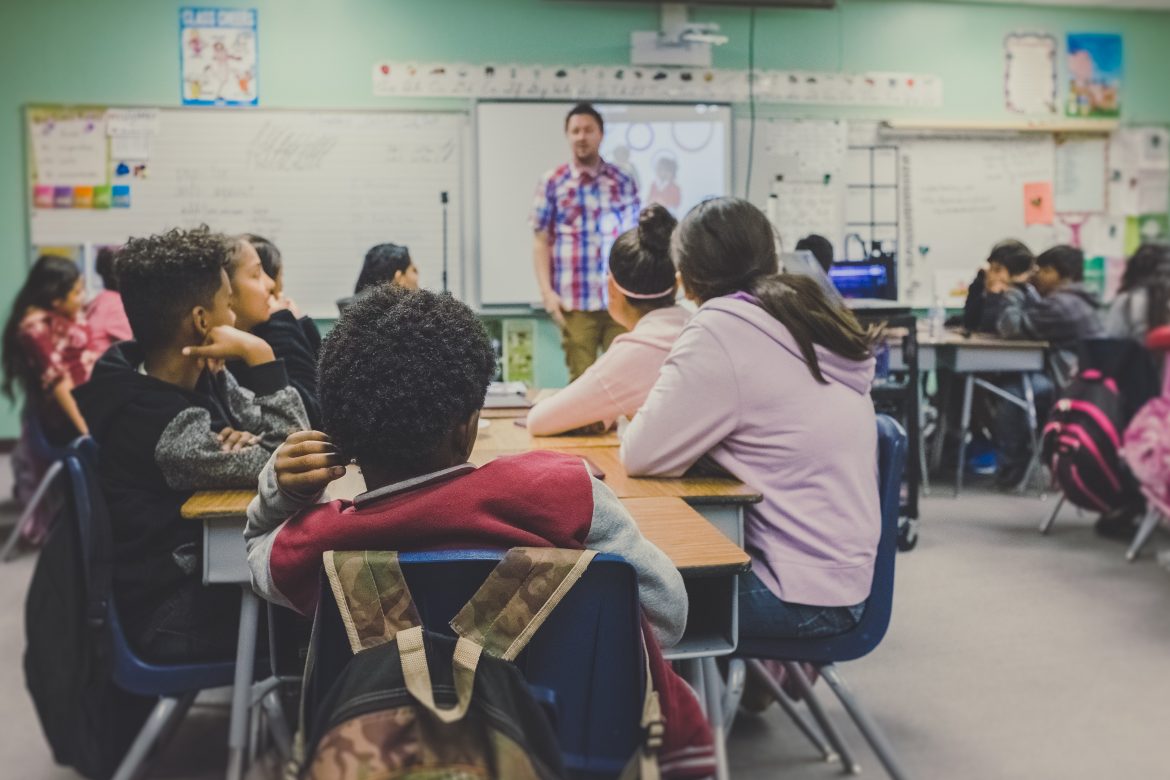Learning about social justice from a young age develops citizens who can work towards creating a fair and equitable world. Early childhood education plays a crucial role in this. This is why many schools focus on teaching students social justice. Many college students and professionals also have access to special programs, which educate them on incorporating this aspect into curriculum.
What is Social Justice in Education?


To understand why social justice should be a part of early learning, we first need to know what it is. A core component of social justice involves equal access to opportunities. While the term has gained steam recently, it has been around for hundreds of years. It first became notable during the Industrial Revolution. During that time, people started speaking out against exploitation, unsafe labor conditions, and unfair systems. Over the years, it has also grown to encompass aspects like race, gender, and the environment.
Principles of Social Justice Education
Social justice education is not a simple topic to unpack. Students are often asked to write an essay on social justice, and you will find many social justice samples that discuss all the complexities to be kept in mind. These essays typically highlight everything that makes social justice education important.
For instance, teaching social justice in the classroom better ensures that all learners are seen and heard equally. Through social justice education, students understand that they are all considered valuable members and contributors to the classroom. Differences in socioeconomic backgrounds should also be acknowledged.
Social Justice in Education is a Controversial Topic
One thing to note about social justice is that it is quite controversial and divisive. This leads many to consider it an unnecessary part of the educational system, especially since it may further divide certain communities. Teachers must carefully assess their district’s political and legislative landscape before forming a curriculum with social justice education.
Types of Social Justice in Education
When discussing social justice in education, there are two big issues to consider. The first is concerned with inequalities within the education system itself. No matter how accessible learning has become in today’s world of technology, there remain differences between who can gain what kind of learning. Not all students have the privilege of joining elite schools. Family social background can significantly affect the quality of education one can access. This leads to many underprivileged children going to poorly-equipped, lower-ranked skills. As a result, they are unable to gain the academic skills necessary to get high-paying jobs or to advance further in life.
The second issue deals with the way teachers conduct social justice education. Social justice curriculum should be designed to assist learners in dealing with real-world issues. These include racism, sexism, and poverty. It does so by inspiring analytical thinking and constructive conversations. The main goal is to expand the students’ worldviews.
The Benefits of Social Justice Education
Reading a 120 social justice essay sample, you can find out all the benefits it offers. Here are three of the most important:
- Helps develop collaborative communities of students in the classroom.
- Aids in developing an understanding of what differentiates a fact from an opinion.
- Creates a safe space for students to apply their knowledge to the real world.
Students who go through an education social justice curriculum can develop multi-faceted thinking. Their take on sociopolitical issues will not be limited to their biases. Instead, it will be based on careful analysis of all relevant factors.
How Schools Implement Social Justice
There are many ways to incorporate social justice learning into a curriculum. It is not enough to just ask students to write an essay about social justice every now and then. Careful steps must be taken to ensure students can gain real benefits from social justice education.
Know Your Students
When teaching children about social justice, it is crucial to take the time to find out where they come from and the kinds of family backgrounds they might have. This allows the teachers to build trust with their students. More importantly, teachers will also be able to gear their lessons towards specific social justice issues and perspectives based on these backgrounds.
Set Aside Biases
To become a successful educator, one has to set aside their biases. Of course, this is easier said than done. Nevertheless, one can only understand another’s perspective by setting aside their own biases. It is the first step to starting a healthy conversation with your students.
Create a Positive and Inviting Environment
If educators cannot encourage children to form their own opinions and ask questions, then they have failed. A class environment must be open, so students feel comfortable sharing their thoughts on controversial matters. Set a good example and encourage students to develop positive, open-minded attitudes. This creates a supportive atmosphere in the classroom. It is also paramount in helping students develop critical thinking.
Offer Resources for Parents
Parents are an important aspect of social equality in learning spaces. Many parents work very long hours. Hence, they face difficulty being a part of their children’s academic life. Nevertheless, parents are encouraged to be more involved in their children’s scholastic activities. This can be through helping their children in homework clubs after school or in extracurricular activities. Ultimately, this has a positive impact on children’s academic work.
Set Up Scholarships
Institutions should also set up scholarship funds for children from less privileged backgrounds. Not all families can afford the best school. Such scholarships enable parents from all backgrounds to give their children the best education possible. This goes a long way toward creating an equitable community.
Conclusion
Social justice is not a new concept. Its inclusion in academia, however, is gaining more popularity than ever before. Many benefits come from social justice education. Children educated in it from young are likely to become more considerate citizens. Education today needs to focus not only on acquiring knowledge but also on training life skills and critical thinking. Social justice education can facilitate the development of these skills.
That said, one cannot simply add social justice to their curriculum on a whim. Educators should plan carefully to create a safe, collaborative space for children to learn about social justice. Such a space inspires more open-minded communication and critical thinking, which greater benefits students in the long run.

